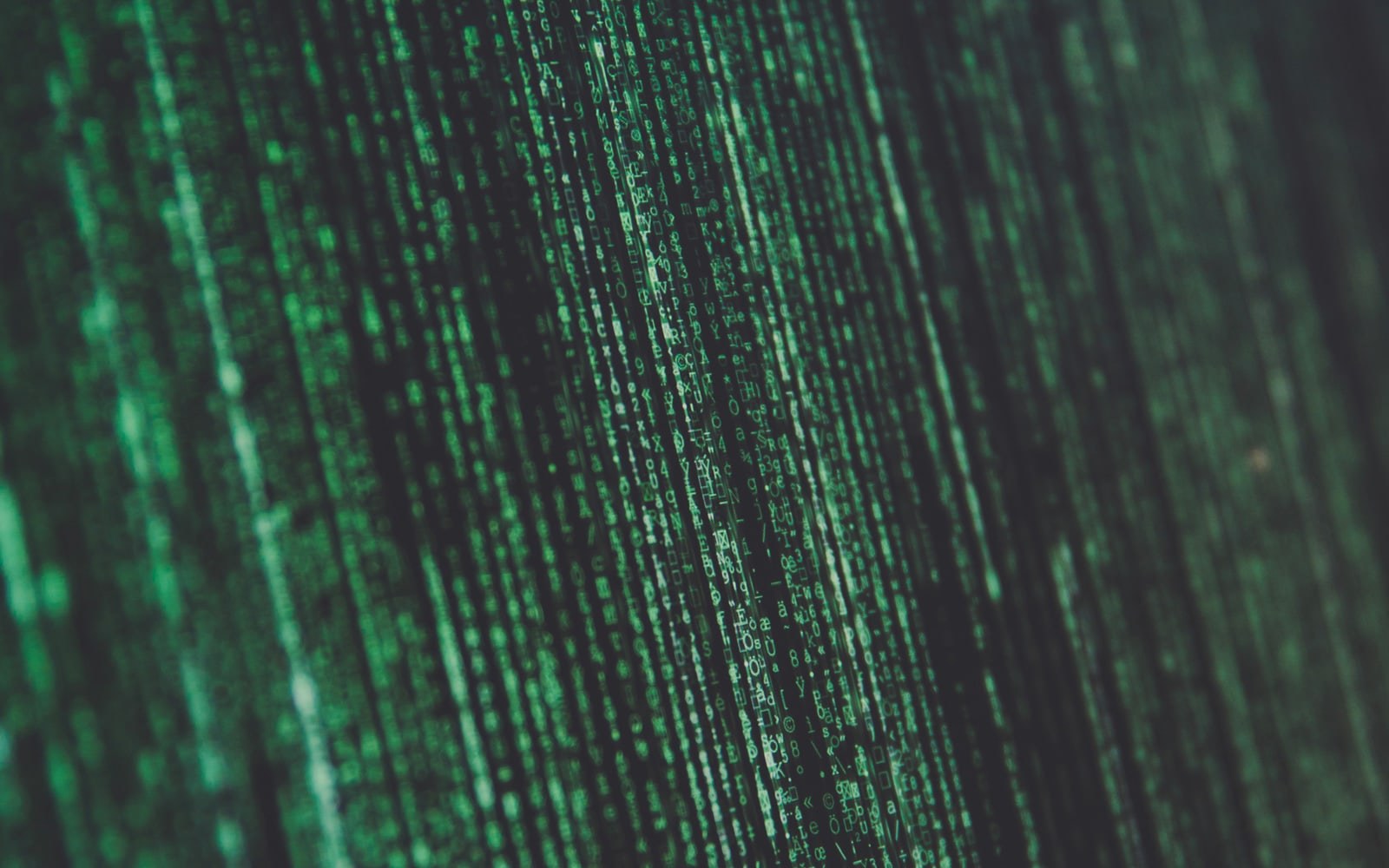Concerning Plandemic and Other Coronavirus Conspiracy Theories

When coronavirus-related conspiracy theories — e.g., the Plandemic video, Bill Gates created the virus in order to establish a global tracking system, coronavirus is spread by 5G signals — start going around, you can’t help but ask how such obvious and easily refutable nonsense can spread so quickly and gain purchase in our collective dialogue.
The answer is, conspiracy theories offer simple explanations for complex situations. These explanations offer their adherents a sense of agency where they have none and a sense of control over essentially uncontrollable events.
Our brains are sense-making machines. They’re hard-wired to look for, and even create, order in the midst of chaos so that we can better process what’s going on around us and take action. Conspiracy theories hijack this normally useful trait by using lies, half-truths, hyperbole, and charged language to trick us into thinking that we can quickly and easily get a handle on things that scare and overwhelm us (like a global pandemic).
Furthermore, they offer a false sense of empowerment. If we’re open-minded enough to consider their claims, these theories promise, then we’re no longer suckers being swindled and we might be able to affect some positive change by spreading them to others. And the fact that they often cast blame on government officials, media conglomerates, big business, rich and wealthy elites, and other perennial bad guys is just an added bonus. (Indeed, I sometimes wonder if those who create and promote conspiracy theories like the ones mentioned above do so less out of a desire for the truth, and more out of a desire to score cheap points on their ideological opponents.)
In normal circumstances, conspiracy theories are mostly harmless things to ponder and ask “what if?” about. They can even be fun little games to play. After all, who hasn’t sat around with their friends late at night and speculated that maybe, just maybe, the government really does have a bunch of little green (or gray) men and their spaceships sequestered away in a top secret facility? (Thanks, X-Files!)
But in a time like this, when the stakes are high and lives are on the line, conspiracy theories like Plandemic are not merely alternative viewpoints. Nor do they promote hidden truths that have been suppressed by nefarious government officials, the mainstream media, and/or “Big Tech.” (Which is not to say that government officials, the media, and “Big Tech” are above reproach and scrutiny, but that’s a whole other blog post.)
Rather, they’re lies that can cause real, significant harm. They encourage us to put our faith and trust in fraudulent solutions that have little basis in reality as opposed to more effective solutions that may be tougher, less palatable, and require sacrificing some of our precious autonomy. They offer a false sense of control and certainty paired with the temptation of superiority (i.e., you know the “real” truth as opposed to the rest of the “sheeple” out there). And perhaps worst of all, they flood the market with misinformation that makes it harder for truth — about the virus, government activities, etc. — to spread and be seen as credible and legitimate.
Ironically, the same conspiracy theories that claim to be fighting against delusion and ignorance end up promoting and spreading those very things — even if those who shared them did so with the best of intentions.
Some readers may have now put me squarely in the “sheeple” column for having written this. So be it. I know I won’t change their minds with a simple blog post. However, this is less about proving them wrong or winning their approval and more about maintaining one’s own integrity. I often think about this quote from Aleksandr Solzhenitsyn’s 1970 Nobel Lecture:
[T]he simple step of a simple courageous man is not to partake in falsehood, not to support false actions! Let that enter the world, let it even reign in the world — but not with my help.
Solzhenitsyn spoke those words in the context of his faith in literature’s ability to change the world, but they feel particularly relevant to our current political climate, where lies, obfuscation, and “alternative facts” are distressingly commonplace.
Life is scary and complicated and it rarely contains any easy answers or simple solutions. That’s always been the case but the coronavirus pandemic is forcing us to acknowledge that truth on a deeper, more frightening and unnerving level.
Our goal, therefore, should be the constant exercise of caution and discernment even as we do our best to refrain from spreading lies and misinformation. No good will come from promoting false, baseless theories that obscure and cast doubt on the truth, risk harming our neighbors, and undermine our own witness.